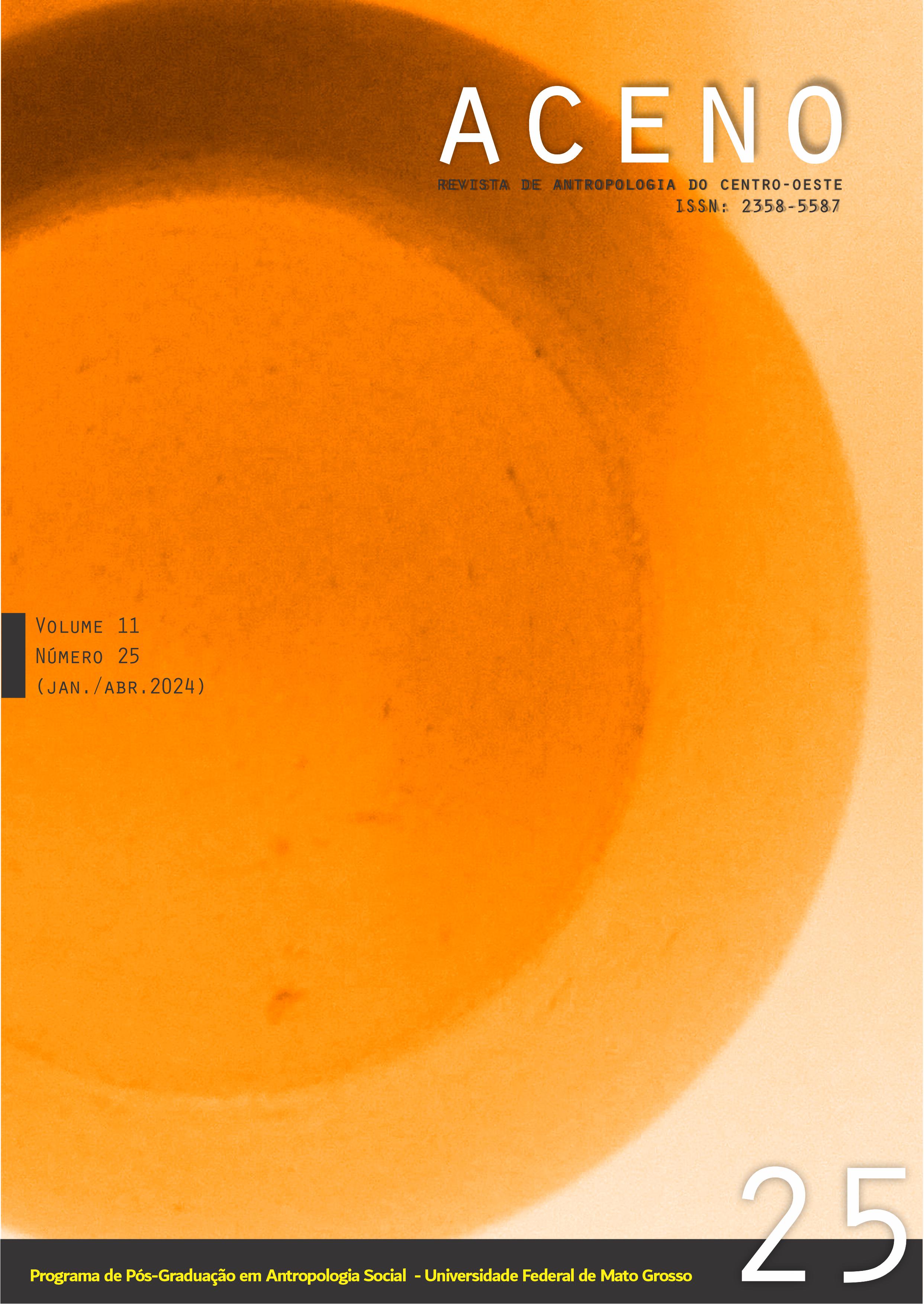The pluriverse discourse of indigenous activist Sônia Guajajara and cosmopolitical intersectionality
DOI:
10.48074/aceno.v11i25.16303Abstract
The original peoples of Brazil, throughout the intersocietal processes, were reduced by colonial rule to protected subjects, when the political structure of the State imposed the full annihilation of the political exercise to the indigenous people, establishing a restriction on the fundamental rights of the human condition. From the Brazilian Federal Constitution of 1988, the Brazilian State for the first time in history established the end of guardianship for indigenous peoples, ascending to the emancipation of indigenous peoples as political subjects of law. In this context, many indigenous leaders carried out different struggles against their former tutor - the State. Indigenous women gradually began to occupy space in the national political scenario, breaking the world of male domination and the intrinsic barriers of local chiefs guided by the cacicado. Our research aimed to understand the political role of the female leader Sônia Guajajara, analyzing her main speeches in the perspective of highlighting the constancy of the rhetorical intersectionality between cosmopolitics and ethnopolitics. Methodologically, we will resort to public and private speeches, as well as those restricted to village life and everyday speeches uttered by her over the last five years in different scenarios. In this context, we established theoretical-analytical debates with female authors, such as Isabelle Stengers, Marisol De la Cadena, Donna Haraway, Débora Danowiski, who shed light on the cosmopolitical, ethnopolitical debate and the reflections on the Anthropocene intervention that are very shared in the speech of the indigenous activist Sônia Bone Guajajara.Downloads
Published
2024-09-02
Issue
Section
Dossiê Cosmopolítica e Etnopolítica na Interseccionalidade do Movimento Indígena
License
As autoras ou autores cedem gratuita e automaticamente à Revista ACENO os direitos de reprodução e divulgação dos trabalhos publicados.














